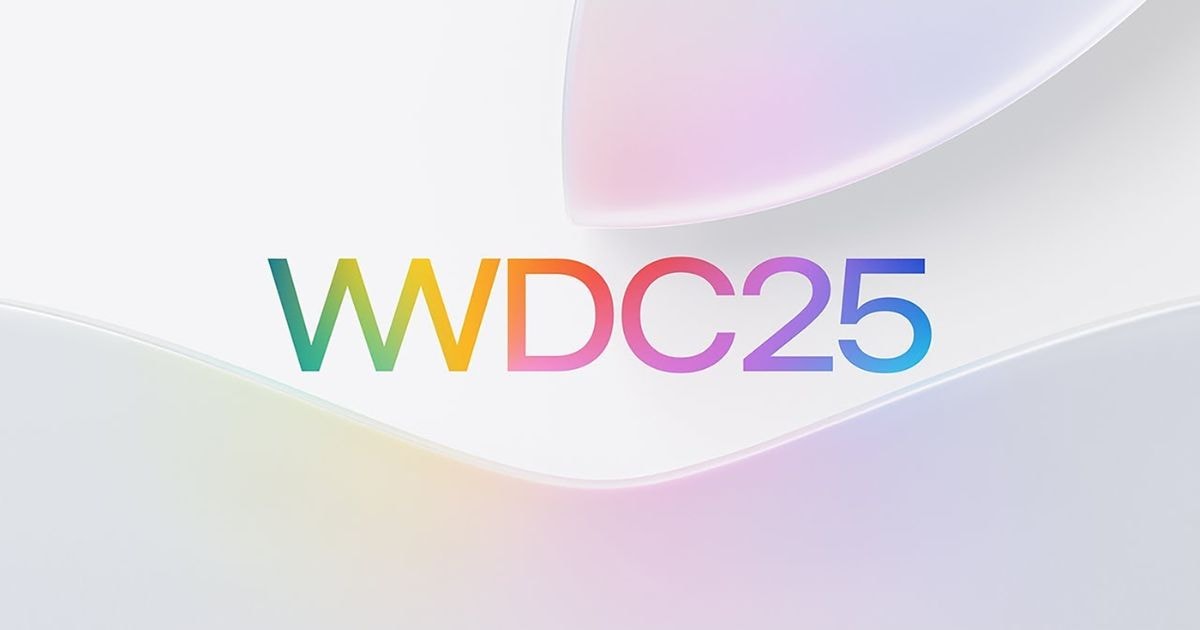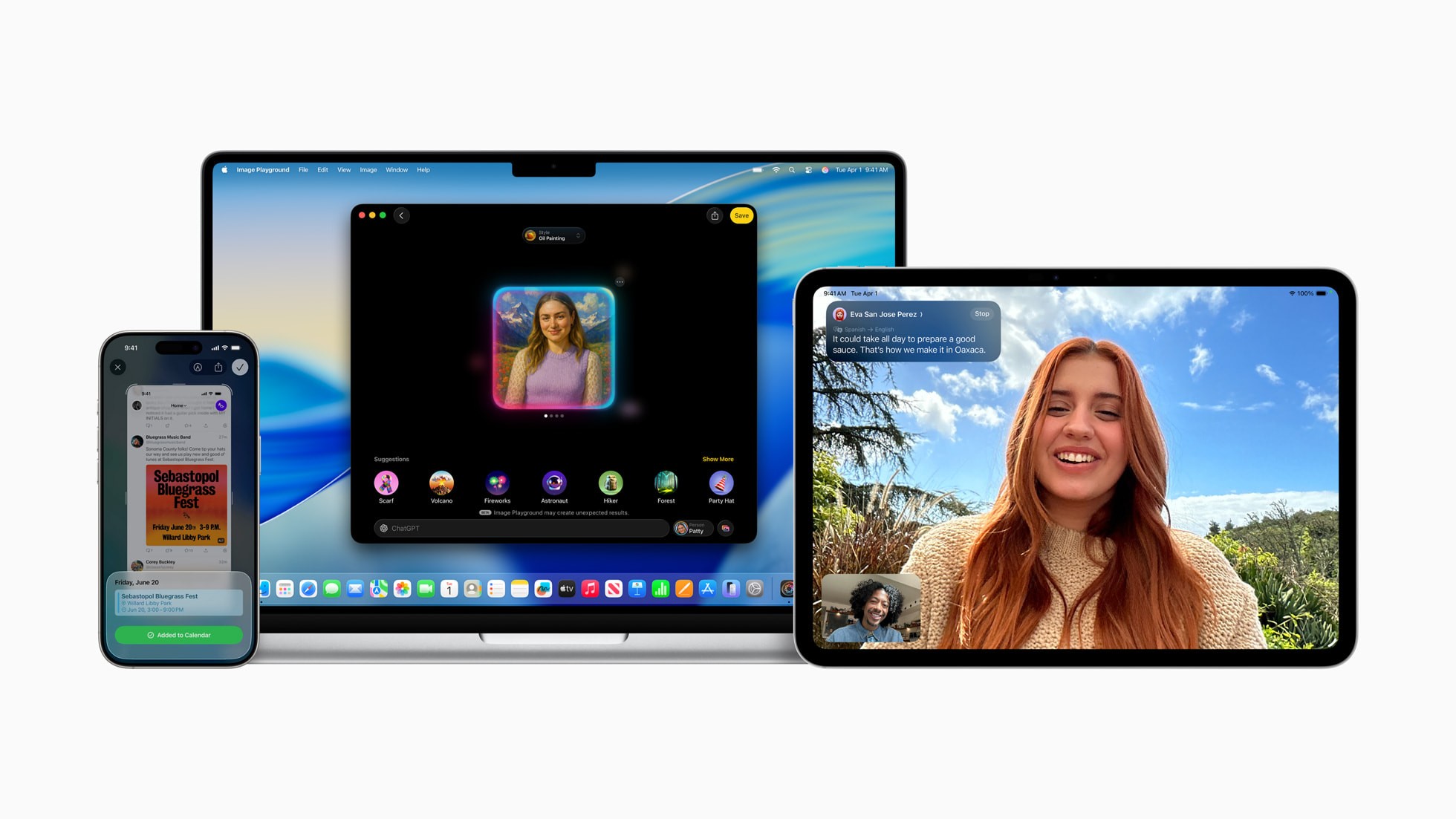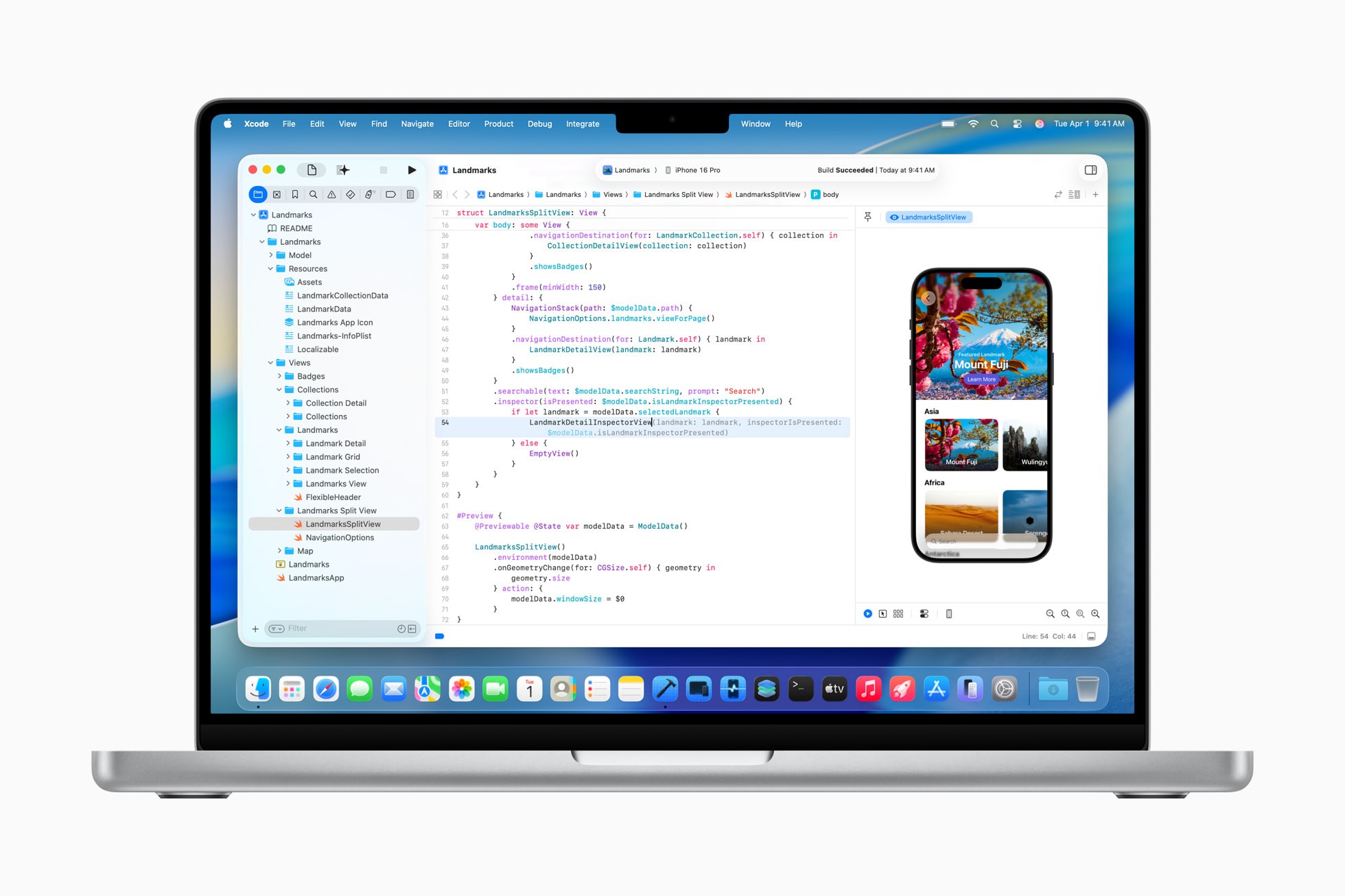
Apple recently concluded its WWDC 2025, where the spotlight was on the new Liquid Glass interface and AI-powered consumer features. However, the Cupertino Giant has also announced some developer innovations that are poised to transform the way businesses build and integrate apps on Apple’s platform.
While everyone is busy discussing Apple’s new UI changes, this article explores the behind-the-scenes changes that will affect businesses working within the Apple ecosystem.
Developer access to Apple’s On-Device AI

Apple has decided to open up access to its on-device foundation model that powers Apple Intelligence. This means that for the first time, developers can now directly tap into this private, fast, and offline-capable AI to build intelligent experiences within their apps without compromising user privacy or incurring cloud API costs.
This is one of the most understated announcements from the event. It will help enterprise developers who often face stringent compliance and data security requirements. It will allow companies to offer advanced AI features like real-time language processing, personalized content generation, and intelligent search without sending sensitive data to third-party servers.
Xcode 26: AI-Driven Productivity for Enterprise App Development

Apple’s Xcode 26 introduces large language model (LLM) integration. It enables AI-driven coding tools that streamline app development for enterprise teams. For example, faster compile times and more reliable SwiftUI previews can boost productivity for teams building complex business applications.
Moreover, the new AI-native features in Xcode are specifically designed for iOS workflows, addressing gaps left by general-purpose code assistants that may not meet enterprise compliance needs.
App Intents and Deep System Integration
Apple has also expanded the App Intents framework, which supports intelligence and deeper integration with system features like Siri, Spotlight, widgets, and more. It will allow SaaS providers to weave their business apps more tightly into the Apple ecosystem. For enterprises, this means more efficient workflows and a unified user experience across Apple devices, a feature that has been largely overshadowed by consumer-facing updates.
Why Does This Matter?
Today, the majority of companies are racing to integrate cloud-based AI agents. However, Apple has taken a different approach, and the company is doubling down on privacy, on-device processing, and seamless integration within its ecosystem.
This approach not only addresses growing regulatory and consumer concerns about data privacy but also opens new opportunities for companies to differentiate their offerings with secure, intelligent, and deeply integrated business apps.







